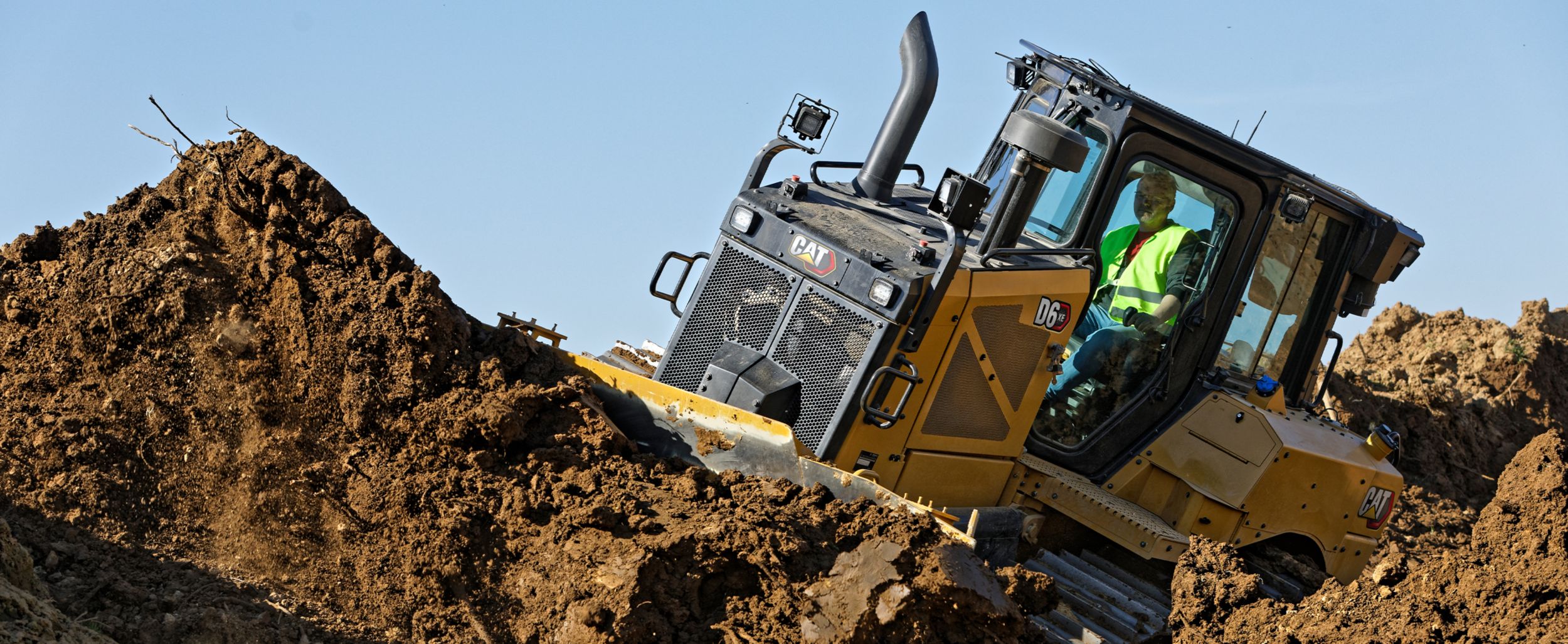Aerial Lift Rental in Tuscaloosa AL: Safeguard and Effective High-Reach Equipment
Aerial Lift Rental in Tuscaloosa AL: Safeguard and Effective High-Reach Equipment
Blog Article
Discovering the Financial Advantages of Leasing Building And Construction Devices Contrasted to Owning It Long-Term
The decision between leasing and possessing building and construction equipment is pivotal for monetary administration in the market. Leasing deals immediate expense financial savings and functional flexibility, allowing business to designate sources much more effectively. In contrast, ownership includes significant long-lasting monetary dedications, consisting of maintenance and devaluation. As professionals weigh these alternatives, the influence on capital, project timelines, and technology access comes to be increasingly significant. Recognizing these subtleties is vital, particularly when taking into consideration exactly how they align with specific project needs and monetary strategies. What factors should be prioritized to ensure optimum decision-making in this complex landscape?

Price Contrast: Leasing Vs. Having
When evaluating the monetary ramifications of leasing versus owning building and construction devices, an extensive cost comparison is crucial for making notified decisions. The option between possessing and leasing can considerably influence a firm's profits, and understanding the connected costs is critical.
Renting construction devices generally entails reduced upfront costs, enabling organizations to allocate funding to other functional demands. Rental prices can build up over time, possibly exceeding the cost of possession if tools is needed for an extended period.
On the other hand, having building devices calls for a significant initial investment, together with continuous expenses such as insurance policy, financing, and depreciation. While possession can cause long-lasting cost savings, it also connects up capital and might not supply the exact same degree of adaptability as renting. In addition, having devices requires a dedication to its application, which might not always straighten with task needs.
Ultimately, the choice to have or lease should be based upon an extensive analysis of particular job needs, economic capacity, and long-lasting strategic objectives.

Maintenance Obligations and expenditures
The selection in between renting and having construction devices not just involves economic considerations but additionally encompasses recurring upkeep expenses and duties. Owning tools needs a considerable commitment to its maintenance, that includes regular inspections, fixings, and prospective upgrades. These duties can quickly build up, leading to unanticipated prices that can strain a budget plan.
On the other hand, when renting equipment, maintenance is generally the duty of the rental company. This arrangement allows specialists to avoid the economic burden connected with deterioration, as well as the logistical obstacles of organizing repairs. Rental agreements commonly consist of arrangements for upkeep, indicating that contractors can concentrate on finishing projects instead of stressing over equipment problem.
In addition, the diverse range of tools readily available for rental fee enables firms to choose the most recent designs with innovative innovation, which can boost effectiveness and performance - scissor lift rental in Tuscaloosa Al. By opting for services, businesses can prevent the long-term obligation of tools depreciation and the associated maintenance migraines. Inevitably, assessing upkeep expenses and responsibilities is vital for making an educated decision about whether to rent out or have construction devices, significantly influencing total task costs and functional efficiency

Devaluation Effect On Possession

A significant factor to think about in the decision to own building and construction tools is the impact of depreciation on general possession prices. Depreciation stands for the decrease in value of the devices in time, affected by aspects such as usage, wear and tear, and developments in technology. As equipment ages, its market worth lessens, which can considerably impact the owner's monetary placement when it comes time to sell or trade the tools.
For building and construction companies, this devaluation can convert to significant losses if the devices is not made use of to its max potential or if it becomes obsolete. Owners have to make up depreciation in their economic estimates, which can bring about greater total costs contrasted to leasing. Additionally, the tax obligation ramifications of devaluation can be intricate; while it may offer some tax benefits, these are commonly countered by the truth of lowered resale value.
Eventually, the burden of devaluation highlights the value of comprehending the long-term financial commitment associated with possessing construction tools. Firms have to thoroughly assess how typically they will use the devices and the possible economic effect of devaluation to make an enlightened decision concerning ownership versus renting out.
Financial Flexibility of Renting Out
Renting building equipment provides substantial economic adaptability, allowing firms to assign resources a lot more efficiently. This versatility is specifically important in heavy duty equipment rental an industry identified by rising and fall task demands and varying work. By choosing to lease, businesses can prevent the substantial funding expense needed for purchasing tools, protecting cash circulation for other operational requirements.
In addition, renting devices makes it possible for companies to customize their tools choices to certain task requirements without the long-lasting commitment associated with possession. This suggests that organizations can easily scale their tools inventory up or down based upon expected and existing task requirements. As a result, this versatility lowers the threat of over-investment in equipment that might become underutilized or obsolete in time.
Another economic benefit of leasing is the capacity for tax benefits. Rental repayments are frequently thought about operating budget, enabling instant tax deductions, unlike depreciation on owned and operated devices, which is topped numerous years. scissor lift rental in Tuscaloosa Al. This immediate expense recognition can additionally enhance a business's cash placement
Long-Term Job Considerations
When evaluating the long-lasting requirements of a construction company, the choice in between renting out and owning tools becomes much more complicated. For jobs with extensive timelines, buying equipment may seem helpful due to Full Article the capacity for reduced overall prices.
The building market is developing rapidly, with brand-new tools offering boosted efficiency and safety functions. This flexibility is specifically advantageous for companies that handle varied jobs requiring various types of equipment.
Furthermore, economic stability plays a critical duty. Having tools usually requires significant capital expense and devaluation worries, while renting permits for even more predictable budgeting and cash money circulation. Ultimately, the option between possessing and renting ought to be aligned with the calculated objectives of the building and construction company, taking into account both current and expected task needs.
Conclusion
In final thought, renting out construction equipment provides considerable monetary benefits over long-lasting possession. Eventually, the choice to lease instead than own aligns with the vibrant nature of construction projects, allowing for adaptability and access to the latest equipment without the financial burdens linked with ownership.
As equipment ages, its market value diminishes, which can significantly why not try these out impact the proprietor's economic setting when it comes time to offer or trade the devices.
Renting construction devices provides considerable financial versatility, enabling firms to assign resources extra successfully.Furthermore, renting devices enables firms to tailor their devices selections to specific project needs without the long-lasting commitment linked with possession.In conclusion, renting out building and construction tools offers significant economic benefits over long-term ownership. Eventually, the decision to lease instead than own aligns with the vibrant nature of building projects, permitting for flexibility and access to the most recent tools without the economic concerns linked with ownership.
Report this page